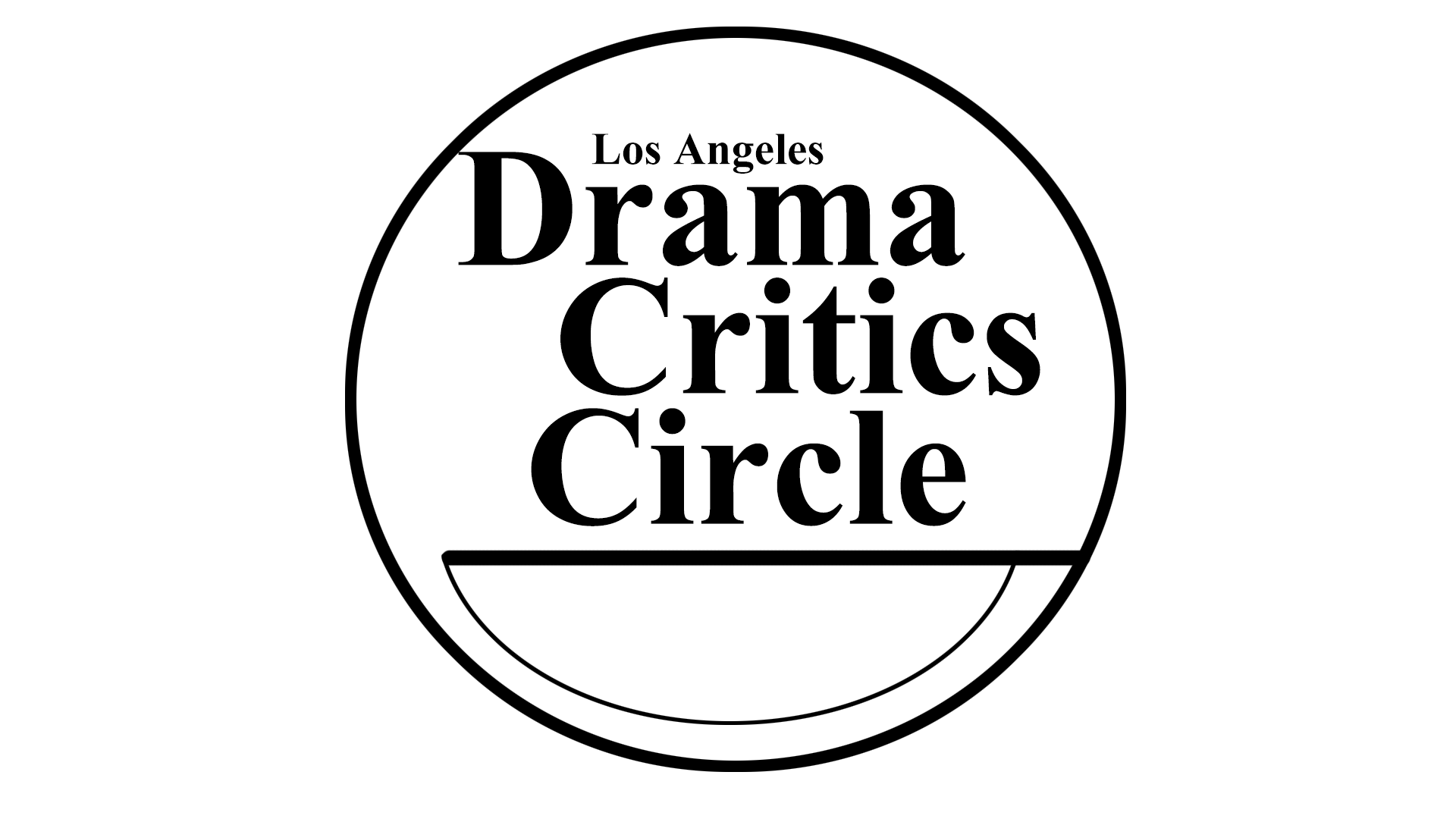
Deborah Klugman – LA Weekly
The first play in a three-part trilogy, Elliot: A Soldier’s Fugue delves into the experience of war for three generations of soldiers in a Puerto Rican–American family. Written by Quiara Alegría Hudes(who wrote the book for Lin-Manuel Miranda’s In the Heights), it’s a lyrical exploration of the fear, bravado and bewilderment of lonely soldiers struggling to survive the dubious battles our country has waged over the last seven decades. Hudes studied music before she took up playwriting, and that’s evident in the lilt and rhythm of her writing, which also has plenty of droll moments to counter some of the story’s dark sadness.
Read more…
Erin Conley – On Stage & Screen
With a concise running time of 75 minutes, Elliot is emotional and effective. Directed by Shishir Kurup, no moment overstays its welcome, and the story keeps moving at an even pace, servicing all of its characters and painting both a broad picture of the experience of war and a specific portrait of one family affected by it. Moments of harsh reality are interspersed with comedy, such as the story of Ginny and her future husband’s early flirtations in the hospital. The staging is dynamic, and jumpy theatergoers will appreciate that in a play about war, no actual gunshots are used. It is a subtle and heartfelt story anchored by four deft performances, with Mendoza’s at the center.
Read more…
Katie Buenneke – Stage Raw
For so long, stories about war have belonged to men. Traditionally, military tales have been about men and told by men. Elliot, A Soldier’s Fugue, now playing at the Kirk Douglas in Culver City, shifts these paradigms slightly. Writer Quiara Alegría Hudes (who also wrote the book for Lin Manuel Miranda’s first musical, In the Heights) is the storyteller here, and she unwittingly makes her presence known just by writing a complex, interesting female character.
Read more…
Frances Baum Nicholson –The Stage Struck Review
What happens when a young man joins the service as his father and grandfather before him did? Over the course of our national narrative, particularly over the last century, this has been a recognized, even celebrated legacy.
Now running through February 25

